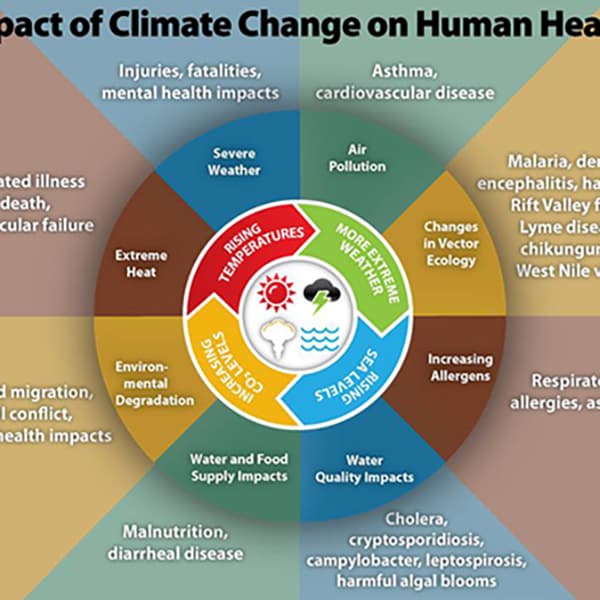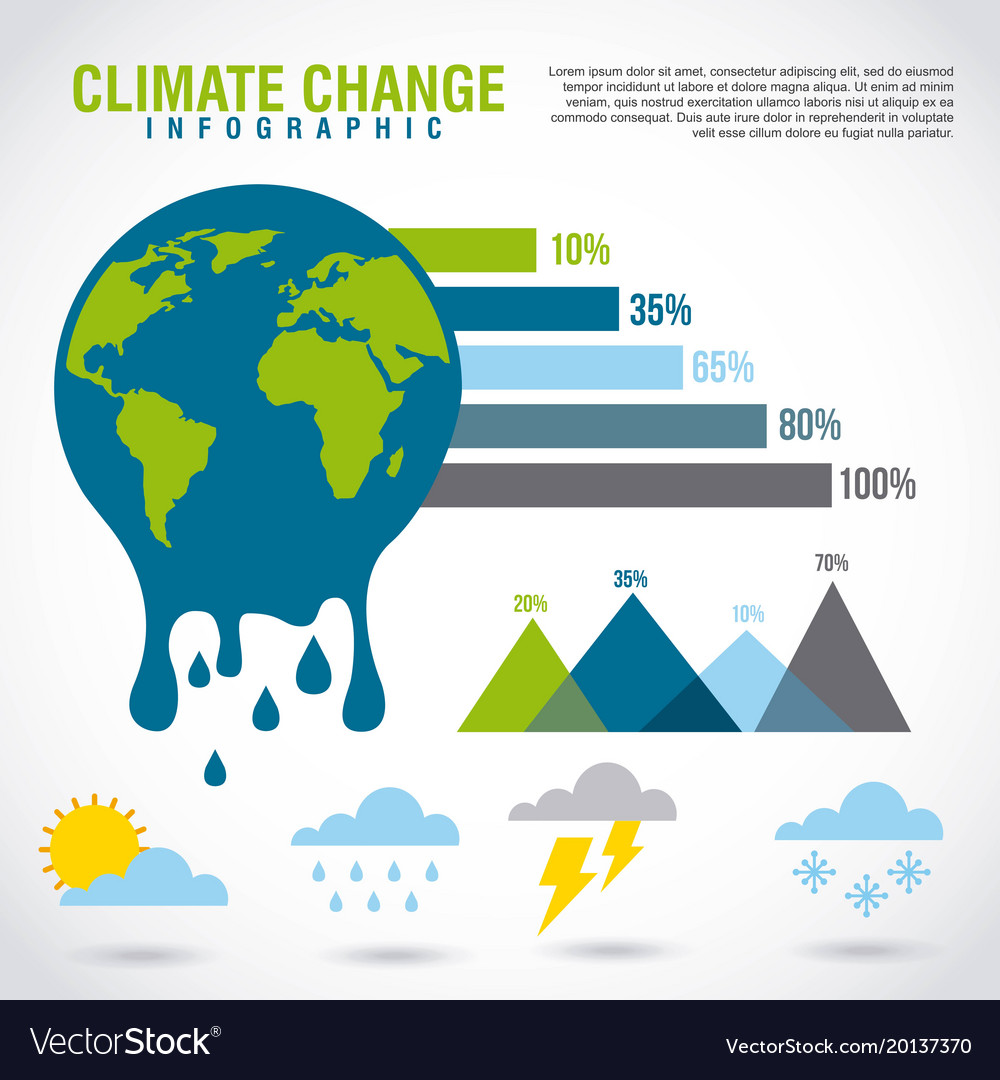
Climate-resilient health, protection and education systems: UNFPA works to mainstream climate resilience into health sector policies and plans, integrate health impact indicators especially those related to SRHR into information systems, as well as strengthen the capacity of early warning systems to reduce impacts of climate hazards on health and wellbeing.Healthy, empowered populations including women, girls and young people: UNFPA works with rights-focused and gender-centered approaches to strengthening individual and community resilience and engages directly with young people as global and local leaders as climate change and ICPD champions.Our work is centered around the four pillars of UNFPA’s value proposition on climate chang e: For further details see: UNFPA and the Climate Crisis: Strengthening Resilience and Protecting Progress within the Decade of Action. Through an intersectional approach, UNFPA tackles existing inequalities in SRHR and to maximize the power of women and young people to help build adaptive capacity and resilience to climate change. UNFPA has put forward a programme of action around for pillars of work. UNFPA ESARO, through our county offices, is working with governments and other partners to support adaptation responses to climate change, and to put women and girls at the centre of these efforts. Urgent gender-responsive climate action is needed, requiring coordination at – and solutions from – all levels. Girls who are unable to attend school if they are displaced, for instance, risk being married off early by parents who can no longer afford to look after them if they have lost their livelihoods. When a climate-related disaster strikes, women and girls are at greater risk of gender-based violence. The disruption of health systems leads to unavailability of commodities including contraception which increases the risk of early, unintended pregnancies During times of disaster, health services are often limited and at times not available, which means that more women give birth without much-needed medical support. In some cases, this loss of livelihood leads to increases in transactional sex and the risk of teenage preganancies.

With increasing drought, women and girls are expected to travel longer distances to collect water and firewood, exposing them to sexual and gender-based violence.

The risk of negative maternal mortality outcomes will be further harmed by the increased poverty and food insecurity driven by climate-related loss of livelihood. Heat worsens maternal and neonatal health outcomes, with greater likelihood of stillbirth. Climate change will have a serious impact on sexual and reproductive health and rights. The rapid pace of climate change in the next decade will make UNFPA’s three transformative results of ending preventable maternal mortality, ending unmet need for family planning, and ending gender-based violence and harmful practices difficult, if not impossible to achieve. Climate change will undermine achievement of three transformative results The current efforts to adapt to climate change are simply not sufficient, nor are they always even intended, to prevent disproportionate impacts on women and girls, as well as other populations in vulnerable situations. Women and girls in particular continue to be left behind. It is a multiplier of existing health vulnerabilities, including through insufficient access to safe water and improved sanitation, food insecurity, and impacts on access to health care and education.Įveryone will be impacted, especially those already vulnerable and with limited resources to adapt. It is a global emergency and one of the greatest challenges facing humanity today.Ĭlimate change is a major threat to the vision of human-centered sustainable development outlined in the ICPD Programme of Action and reinforced by the Nairobi Summit on ICPD25.

From changing temperatures and weather patterns to more severe storms and rising sea levels, the effects of climate change are with us and accelerating.


 0 kommentar(er)
0 kommentar(er)
